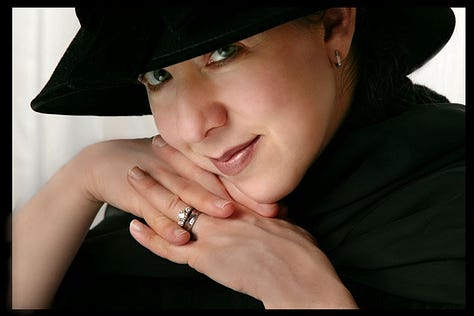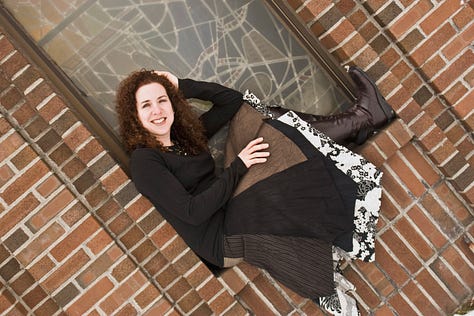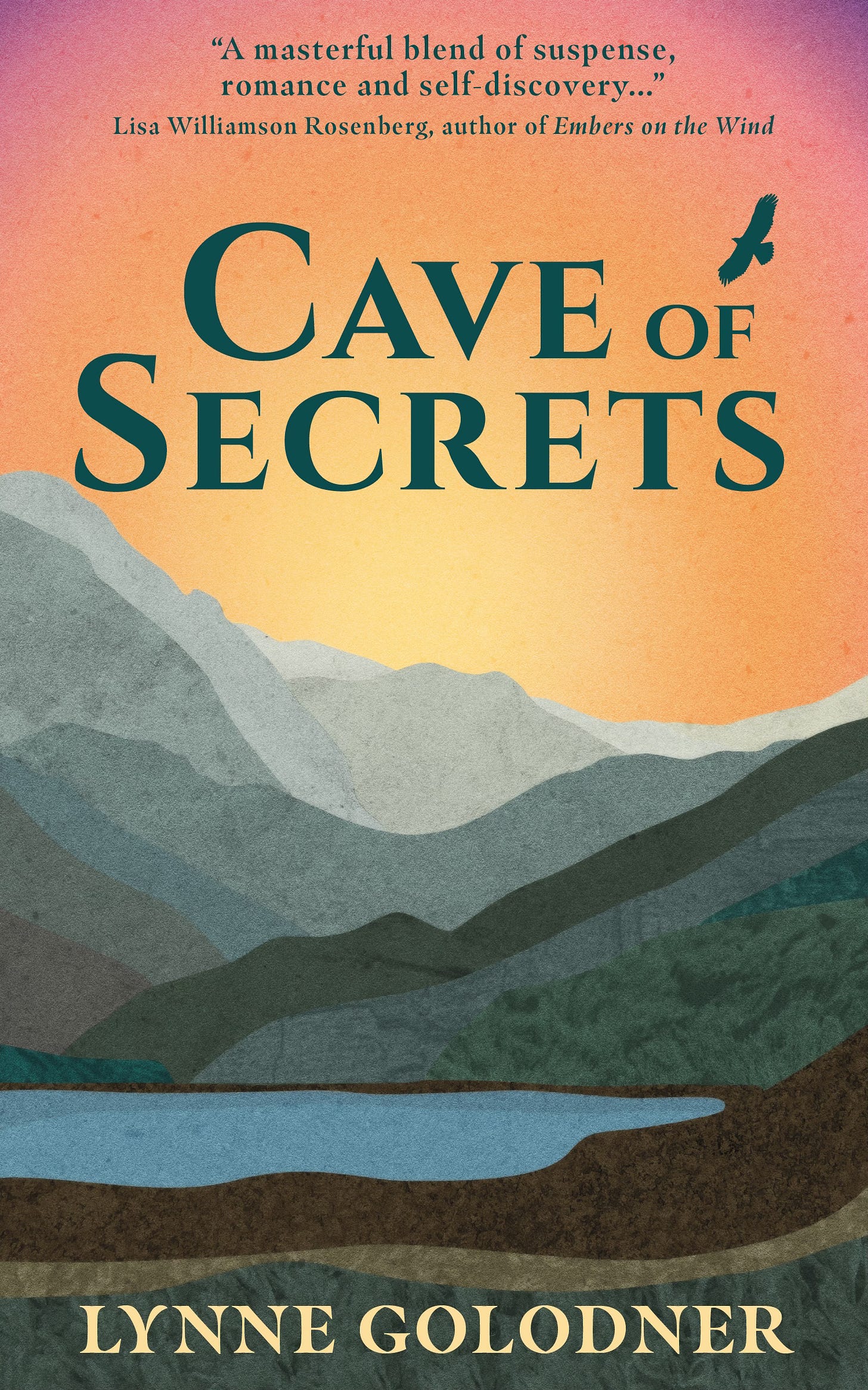The Essential Role of Research in Writing
How I learn and find information to be able to write believably



I texted my ex-husband one morning during my writing time. Where would an Orthodox couple live in New York if the parents had lived there for generations? He asked a series of questions about the way they observed, their ancestry, the time period. Suggested neighborhoods.
I met with my rabbi over coffee at a loud cafe. Which Torah passages would be symbolic for a young man studying in yeshiva in Jerusalem but struggling with a particular issue in his life. To sort of create parallels? I scribbled notes as he suggested a passage here, another there.
I called our financial advisor for advice. I’m writing a novel where one of the main characters is an Orthodox Jew and works at a family investment firm on Wall Street. What is that like? How many people work there? How many hours would he work? What would happen if there was an economic crash? I typed notes as he responded, compiling pages of research into an industry I know not.
In everything I write, there comes a time when research is needed. When I must write beyond the bounds of what I know. And so I search online, go to the library, contact archives, call experts. Print things out, save them to documents, create folders of material to draw on to make the story ring true.
The longer the work, the more research I do. For a book, it might take months of research before I am ready to write. But for an essay, I might do an hour or two of a deep dive online and end up with a solid paragraph that is the essay’s perfect ending.
All of the examples above come from the novel I am writing right now, tentatively titled THE SABBATH BRIDE. It’ll be out in 2025.
But for CAVE OF SECRETS, my novel launching August 27, 2024, I went through several research phases.
First, when I spent the summer of 2022 in the Scottish Highlands, I found the kernel of inspiration for this novel by searching online for Jews in Scotland. When I stumbled on a few interesting people from the 19th century who had lived in Scotland and were Jewish, I used them as inspiration for the characters I created.
Then, last year, I returned to Scotland to spend time in Edinburgh and Loch Lomond, two places that factor highly in this story. I needed to know what the waters of the loch looked like in sun and in shadow. I sat on the shore and watched the clouds move across the sky. I climbed Conic Hill, so I could know what it is like when Eve hikes and stumbles into a cave in a thunderstorm (there is no real cave on Conic Hill).
And in Edinburgh, when she finds the Jewish community, I wanted to know the streets and the buildings to make those scenes believable.
Research is essential to writing. There comes a time when every writer stalls, and research can be a way back in.
But research comes in many forms and takes as much time as you have to give to it.
For me, research is fun. Full of possibilities. When I was struggling with the essay that became “The Roads We Travel,” and I didn’t know how to end it, I dug into research about how American highways are made. This is a braided essay about a relationship I had in the late ‘90s at the same time I was pondering becoming religious. The final paragraph came out of my research and provided a perfect, metaphorical ending to the piece.
One reader wrote in a review of my first novel, WOMAN OF VALOR, that my depiction of Skokie, Illinois, didn’t adequately match her lived experience there. I was disappointed to read that because I tried through research to hit it right. That said, I did not go to Skokie during the writing of that novel, and maybe I should have. I’d been there years before, but it had been a while, and perhaps my writing suffered from a lack of timely accuracy.
I don’t want to make that mistake again. We don’t all have the luxury of traveling places to gather on-the-ground notes for our works-in-process, but if there is a way to do so, it’s incumbent on the writer to make the effort.
One of my favorite authors, Diana Gabaldon, writer of the Outlander series of novels, says, “Write about what you know. And then learn what you don’t know so you can write about it, too.”
She wrote the first Outlander book having never visited Scotland and with no Scottish ancestry. I think she did just fine.
Join Me for the Launch of Cave of Secrets
If you haven’t already, please register for either the virtual launch or the in-person book launch party for CAVE OF SECRETS!
And, if you would be so generous as to pre-order the book, I’d be ever grateful! Buy it at Amazon or Barnes & Noble now.
Thanks for reading Lynne Golodner’s Rebel Author Newsletter, which publishes weekly about writing and publishing. Please share your thoughts on this and other missives about the process of writing, author-careers and more. And if you like what you read, please consider supporting the craft of writing by becoming a paid subscriber! You’ll qualify for monthly book giveaways and feel really good about supporting a working writer.






I love the title, The Sabbath Bride. Best wishes as you write!